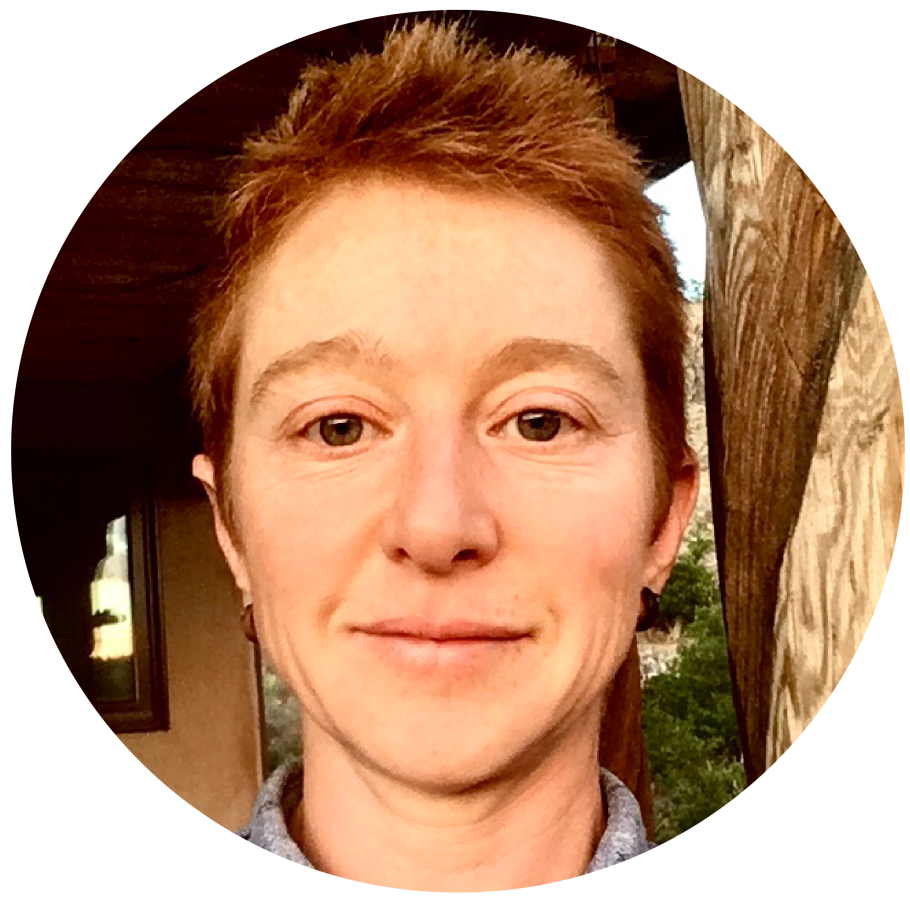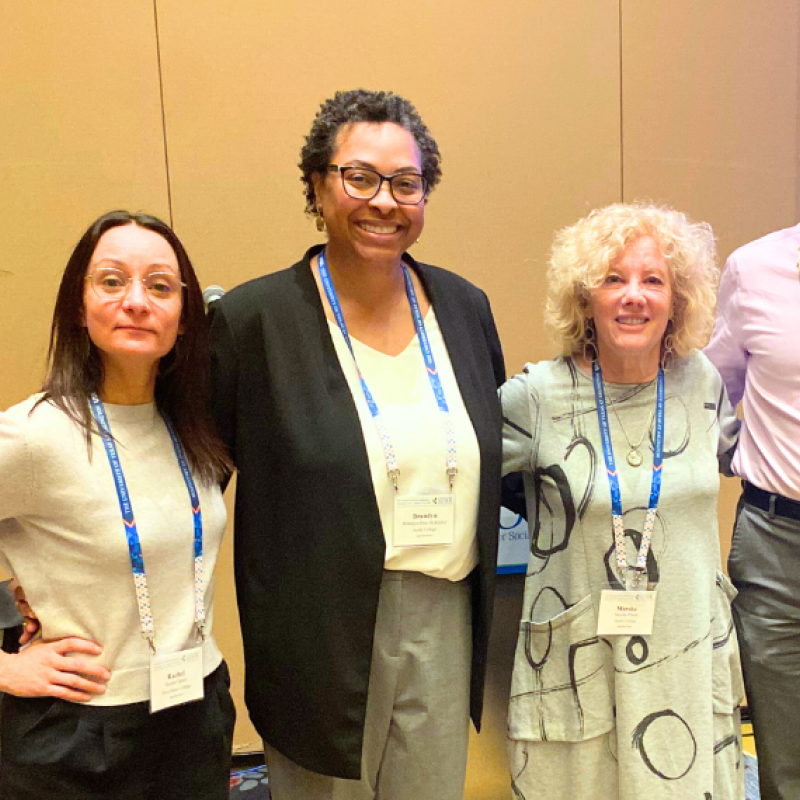
Charla Malamed, M.S.W. '20, has recently published a paper in Psychoanalytic Social Work based on work begun at SSW while they were a student. The paper, entitled "A White Person Problem: Conducting White/White Treatment with a Social Justice Lens," explores "multiple ways to address racism, as well as other socio-political issues."
"I began working on this paper after a practice class in which my classmates and I linked narcissism, whiteness and criminality," said Malamed. "The client whose case material I presented that day engaged in criminal behavior that was sanctioned (by the absence of negative consequences) by the community in which he was embedded, in a way that other folks, particularly BIPoC, would never be allowed to get away with."
Abstract: In this paper, I advance the view that racism, experienced as an intrapsychic, interpersonal, cultural and socio-political phenomenon, is fundamentally a problem that white people are responsible for solving. I begin with an assumption that white practitioners, specifically those of us who strive to offer social justice-informed psychodynamic treatment, are responsible for addressing this problem by attending to the relational dynamics that unfold in the consulting room with white clients. I utilize case material from my own practice to explore ways to do this and clinical quandaries that might arise, particularly in cases where the question of race does not explicitly present as a topic of concern. I suggest that there are multiple ways to address racism, as well as other socio-political issues, including investigating how the words we use are culturally and socio-politically determined, investigating in what way our clinical interventions are operating in collusion with or in opposition to parts of a client’s social and familial context (systemic enactment), analyzing and de-centering cultural and social expressions in clients that are reflections of a larger system of racial superiority and oppression, and linking intrapsychic and relational development with racial identity formation.
Malamed credits SSW with "prepar[ing] me to think about clinical material in a larger way, as embedded in larger systems" and "how to engage with others in ways that account for and strive to address larger systemic conditions."
Malamed said, "This has impacted my work with clients, supervisors, and colleagues and has influenced how I involve myself in the systems in which I am embedded, through live participation and, increasingly, through my writing."
Malamed currently works with a diverse adult population in therapy as a postgraduate fellow in the Program for Psychotherapy at Cambridge Health Alliance.
Students may access the paper through the Smith College Libraries. All others can click here to read the full paper or contact the author.


